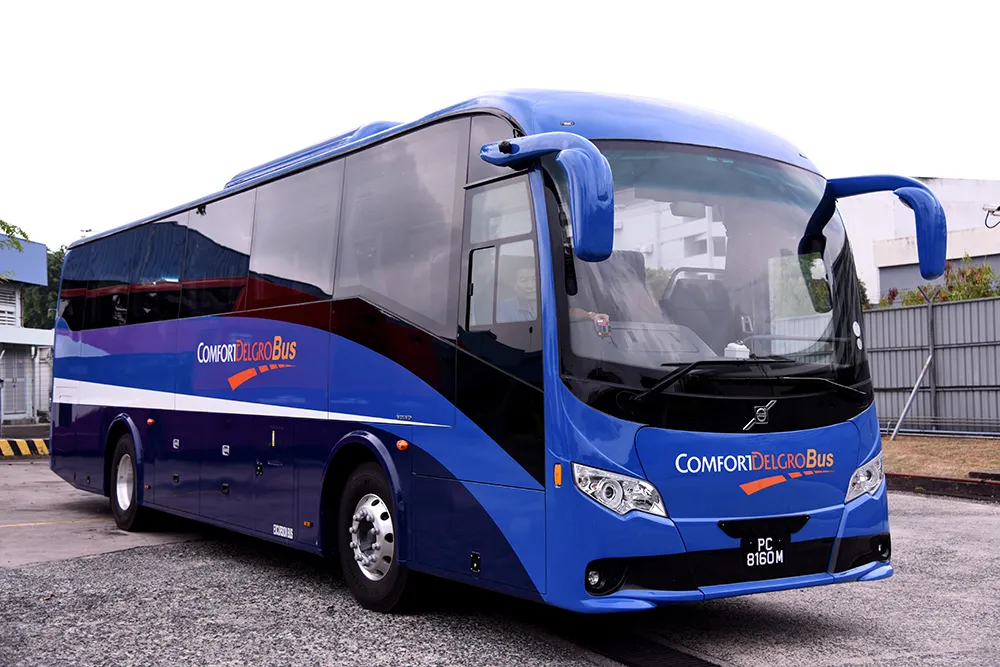Nissan Motor Company’s new Serena, due to go on sale in Japan in August, will come equipped with the company’s ProPILOT autonomous drive technology, designed for highway use in single-lane traffic.
ProPILOT will assist with steering, accelerator and braking, controlled from a mono camera equipped with image processing software which recognises road and traffic situations, as well as lane markers. The system is activated and deactivated b y the driver using a switch on the steering wheel.
Once activate
July 15, 2016
Read time: 2 mins
ProPILOT will assist with steering, accelerator and braking, controlled from a mono camera equipped with image processing software which recognises road and traffic situations, as well as lane markers. The system is activated and deactivated b y the driver using a switch on the steering wheel.
Once activated, ProPILOT automatically controls the distance between the vehicle and the preceding vehicle, using a speed preset by the driver (between approximately 30 km/h and 100 km/h). The system also keeps the car in the middle of the highway lane by reading lane
ProPILOT automatically applies the brakes to bring the vehicle to a complete halt, after which the vehicle will remain in place even if the driver’s foot is off the brake pedal. When ready to resume driving, ProPILOT is activated when the driver touches the switch again or lightly presses the accelerator.
ProPILOT will be introduced into other vehicles, including the Qashqai in Europe in 2017. There are also plans for the technology to be introduced in the US and China markets
A multi-lane autonomous driving technology will enable automatic lane changes on highways and is planned for introduction in 2018 while autonomous driving on urban roads and in intersections is planned for launch in 2020.







